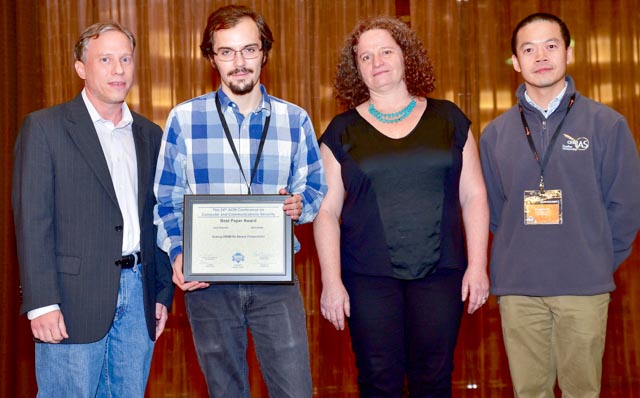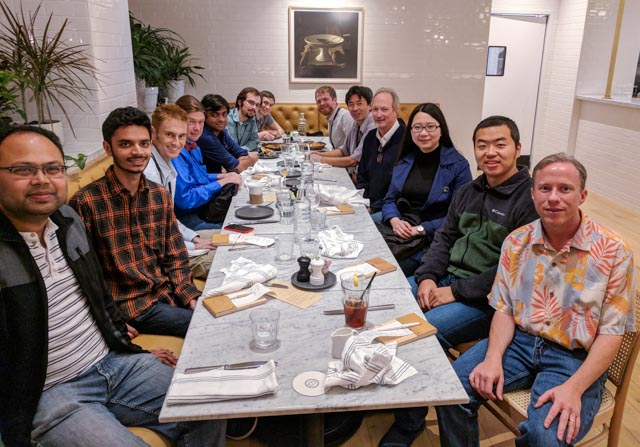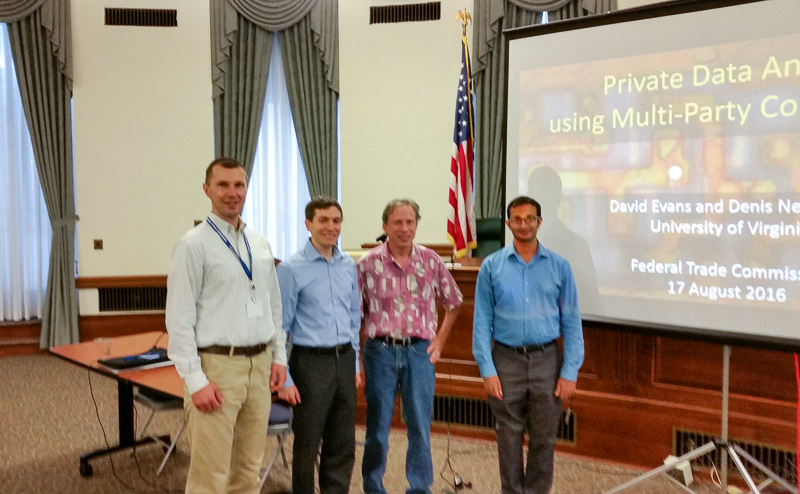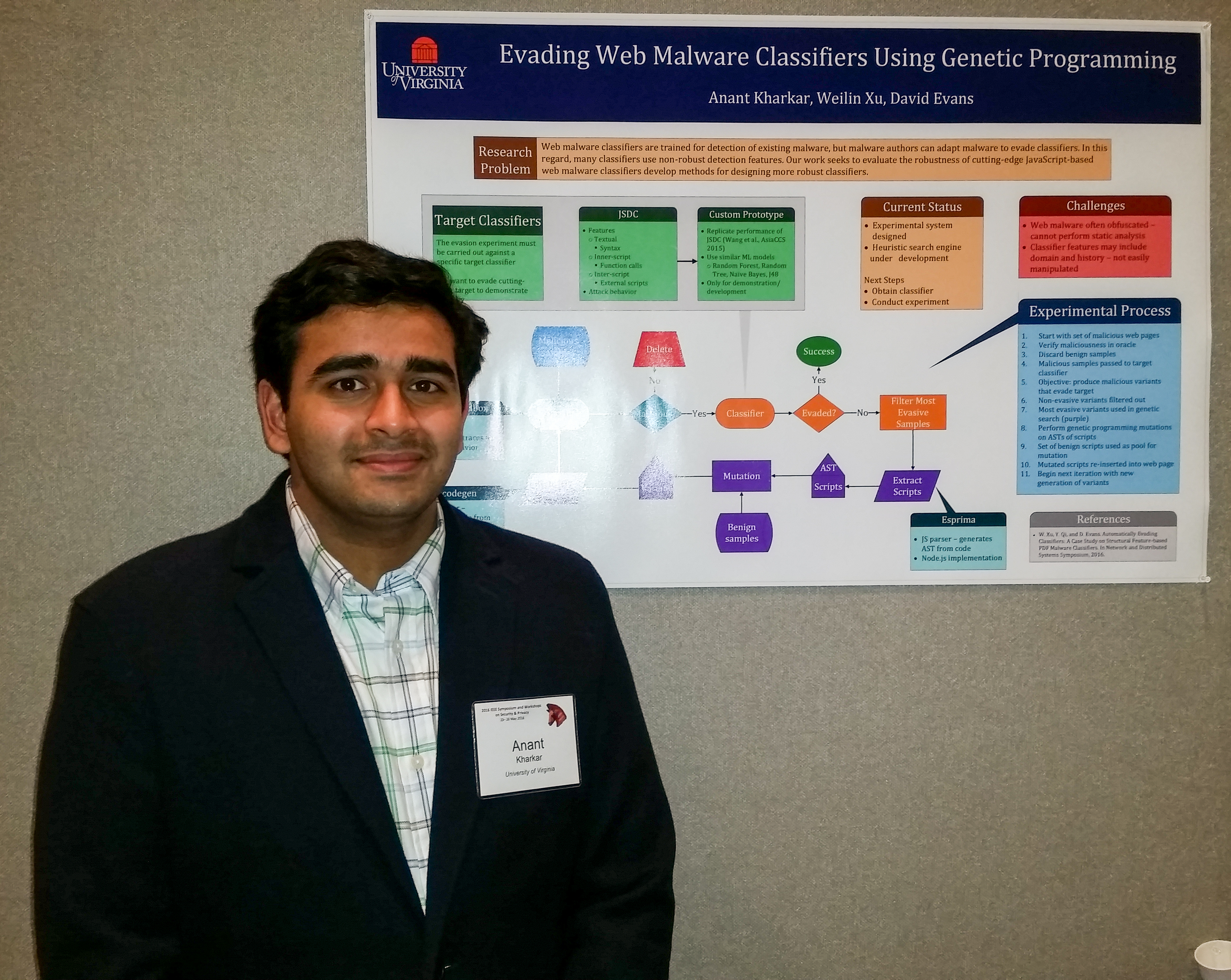Great to meet up with Wahooglers Adrienne Porter Felt, Ben Kreuter, Jonathan McCune, Samee Zahur (Google’s latest addition from my group), and (honorary UVAer interning at Google this summer) Riley Spahn at Google’s Research Summit on Security and Privacy this week in Mountain View.
As part of the meeting, the academic attendees were given a chance to give a 3-minute pitch to tell Google what we want them to do. The slides I used are below, but probably don’t make much sense by themselves.
The main modest proposal I tried to make is that Google should take it on as their responsibility to make sure nothing bad ever happens to anyone anywhere. They can start with nothing bad ever happening on the Internet, but with the Internet pretty much everywhere, should expand the scope to cover everywhere soon.
To start with an analogy from the days when Microsoft ruled computing. There was a time when Windows bluescreens were a frequent experience for most Windows users (and at the time, this pretty much mean all computer users). Microsoft analyzed the crashes and concluded that nearly all were because of bugs in device drivers, so it wasn’t their fault and was horribly unfair for them to be blamed for the crashes. Of course, to people losing their work because of a crash, it doesn’t really matter who’s code was to blame. By the end of the 90s, though, Microsoft took on the mission of reducing the problems with device drivers, and a lot of great work came out of this (e.g., the Static Driver Verifier), with dramatic improvements on the typical end user’s computing experience.
Today, Google rules a large chunk of computing. Lots of bad things happen on the Internet that are not Google’s fault. As the latest example in the news, the leaked NSA report of Russian attacks on election officials describes a phishing attack that exploits vulnerabilities in Microsoft Word. Its easy to put the blame on overworked election officials who didn’t pay enough attention to books on universal computation they read when they were children, or to put it on Microsoft for allowing Word to be exploited.
But, Google’s name is also all over this report – the emails when through gmail accounts, the attacks phished for Google credentials, and the attackers used plausibly-named gmail accounts. Even if Google isn’t too blame for the problems that enable such an attack, they are uniquely positioned to solve it, both because of their engineering capabilities and resources, but also because of the comprehensive view they have of what happens on the Internet and powerful ability to influence it.
Google is a big company, with lots of decentralized teams, some of which definitely seem to get this already. (I’d point to the work the Chrome Security Team has done, MOAR TLS, and RAPPOR as just a few of many examples of things that involve a mix of techincal and engineering depth and a broad mission to make computing better for everyone, not obviously connected to direct business interests.) But, there are also lots of places where Google doesn’t seem to be putting serious efforts into solving problems they could but viewing them as outside scope because its really someone else’s fault (my particular motivating example was PDF malware). As a company, Google is too capable, important, and ubiquitous to view problems as out-of-scope just because they are obviously undecidable or obviously really someone else’s fault.
[Also on Google +]


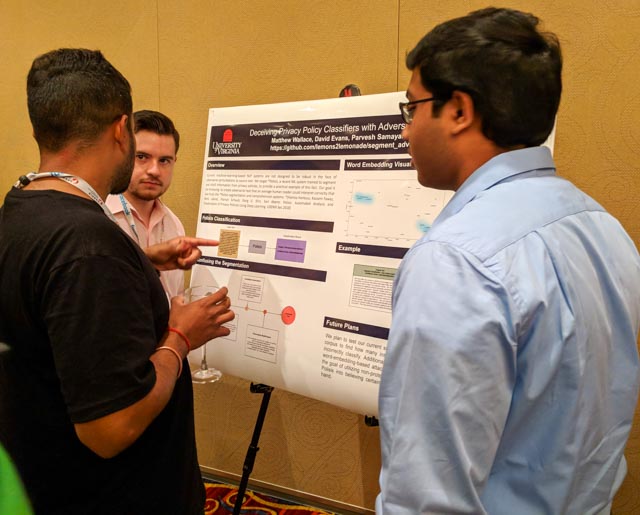
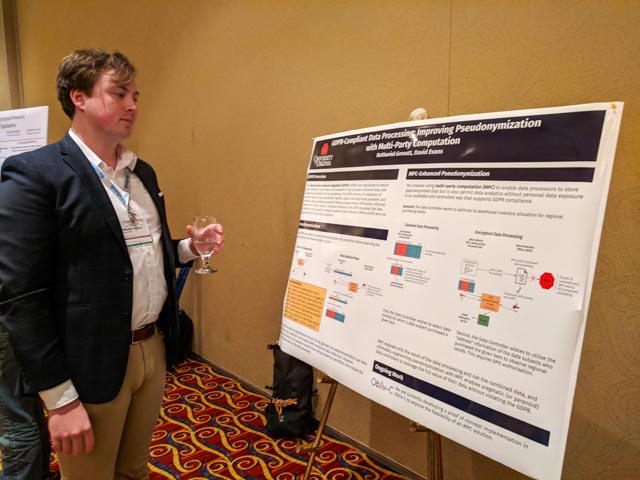
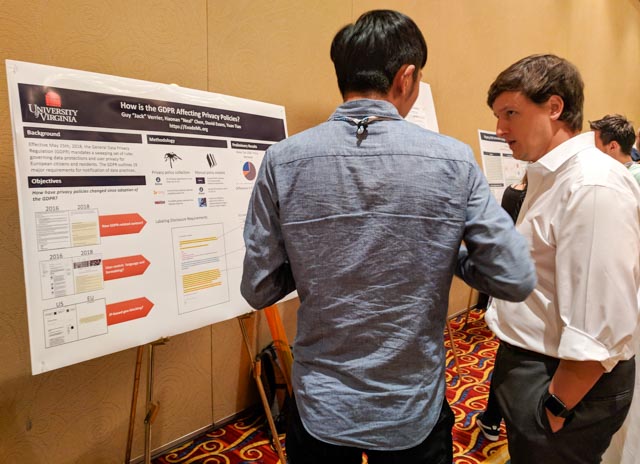
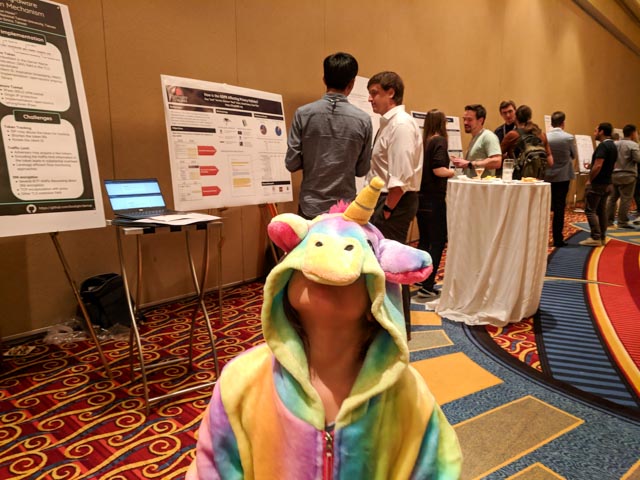

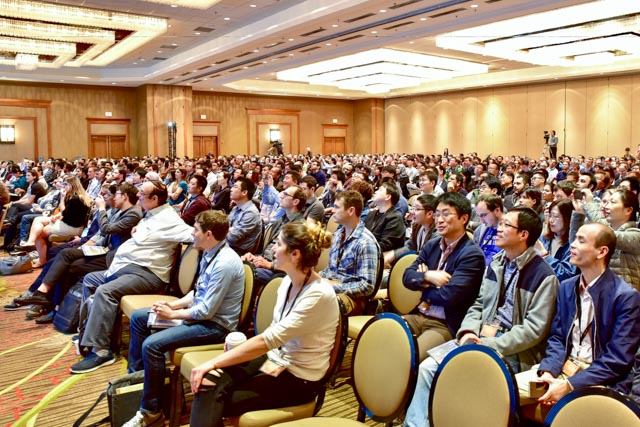
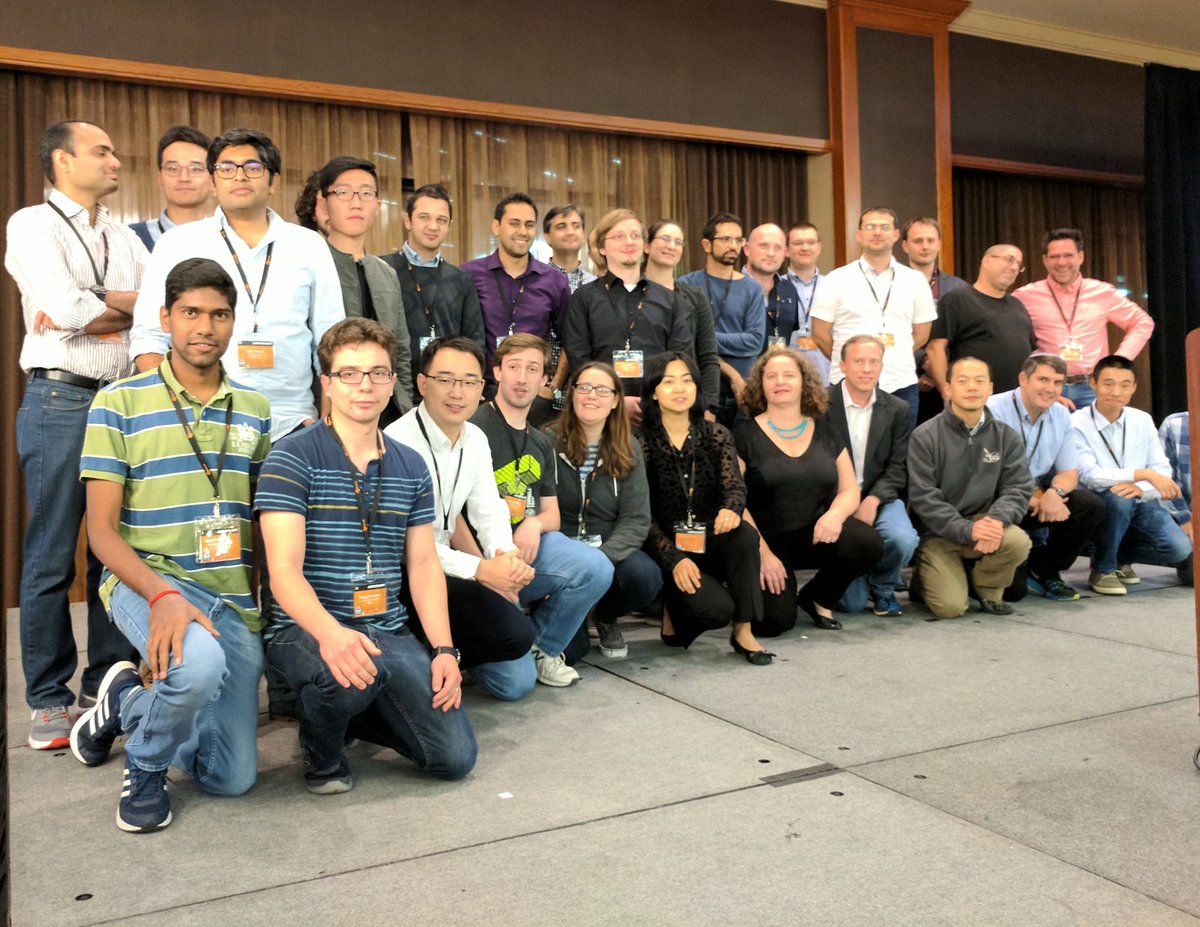 ACM CCS 2017 Paper Awards Finalists
ACM CCS 2017 Paper Awards Finalists
